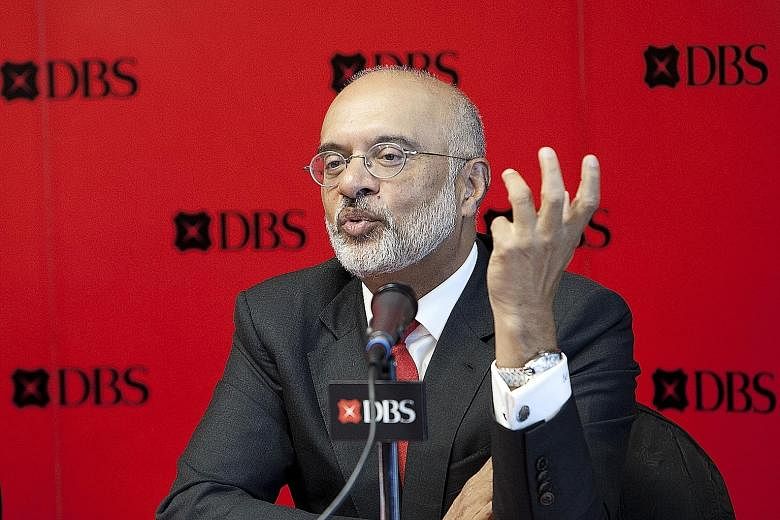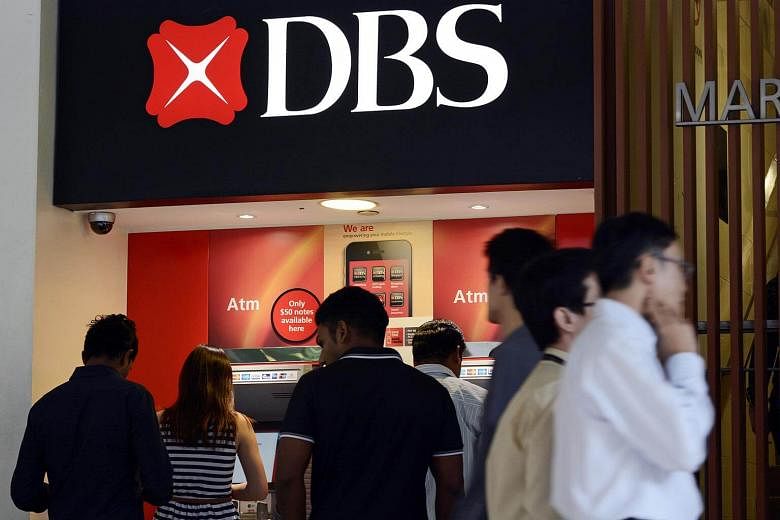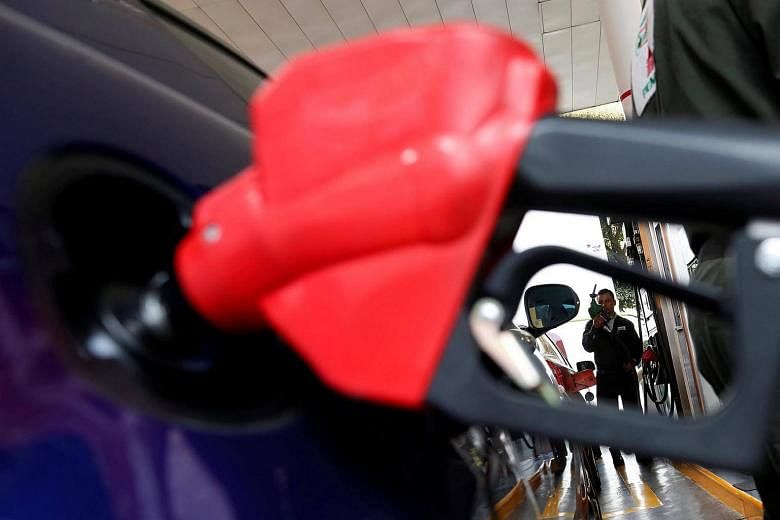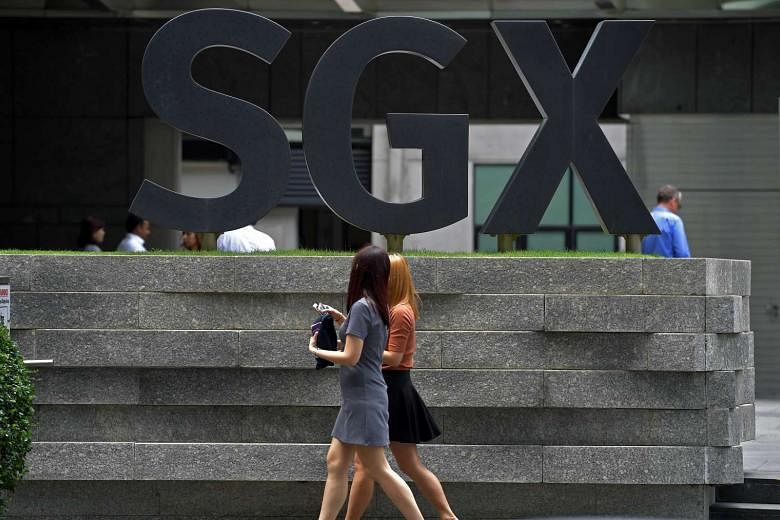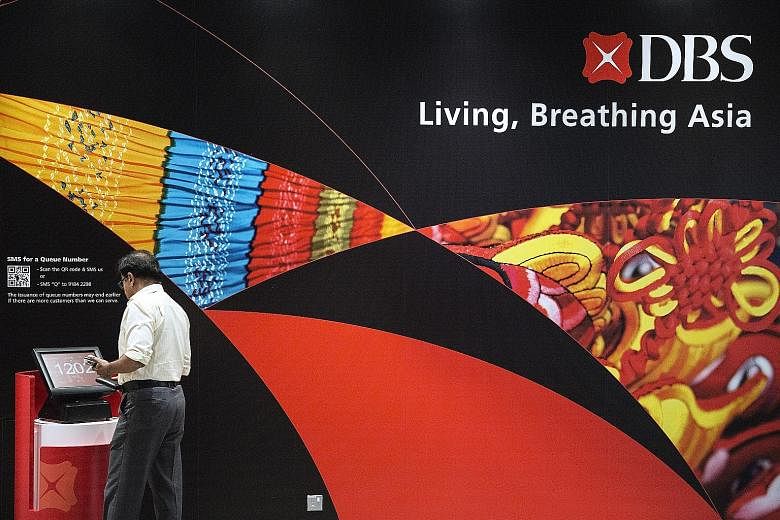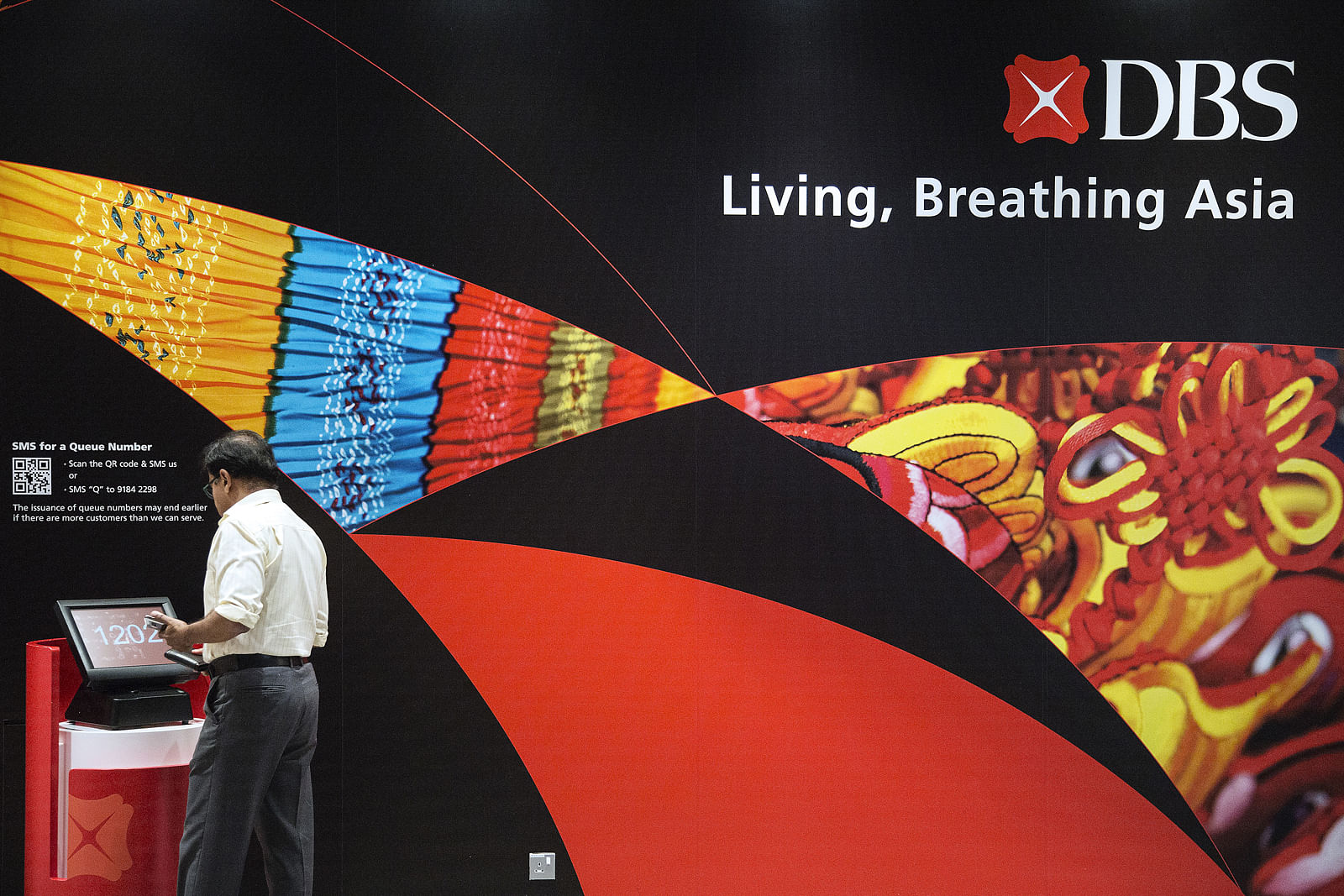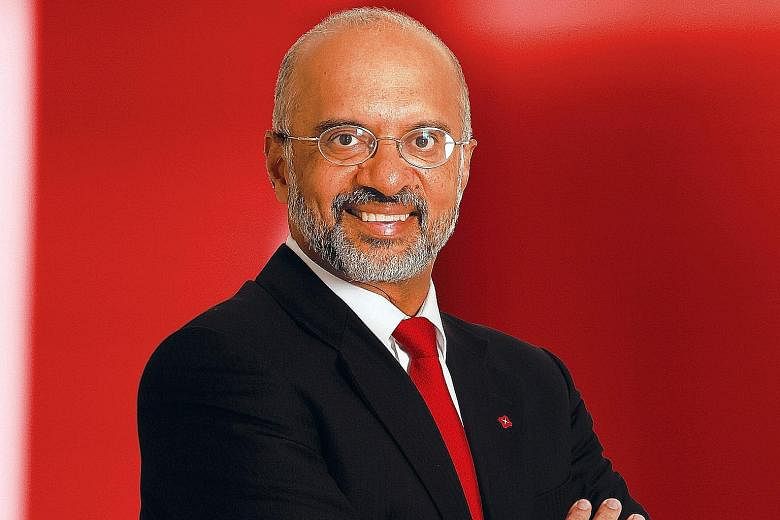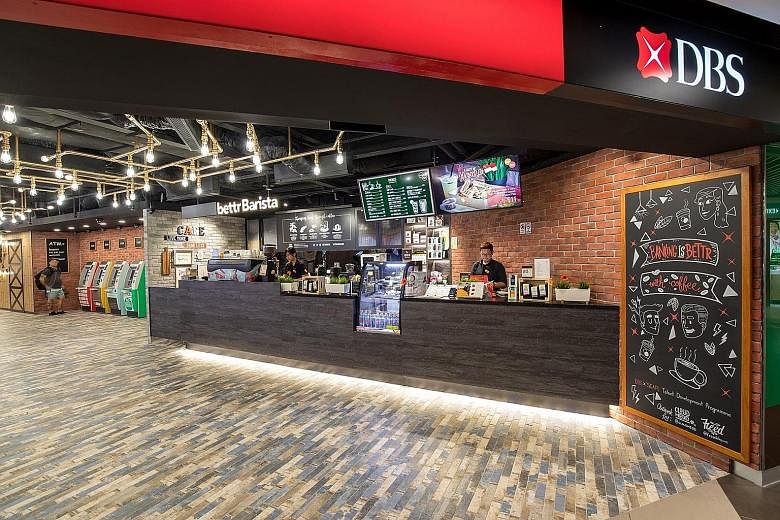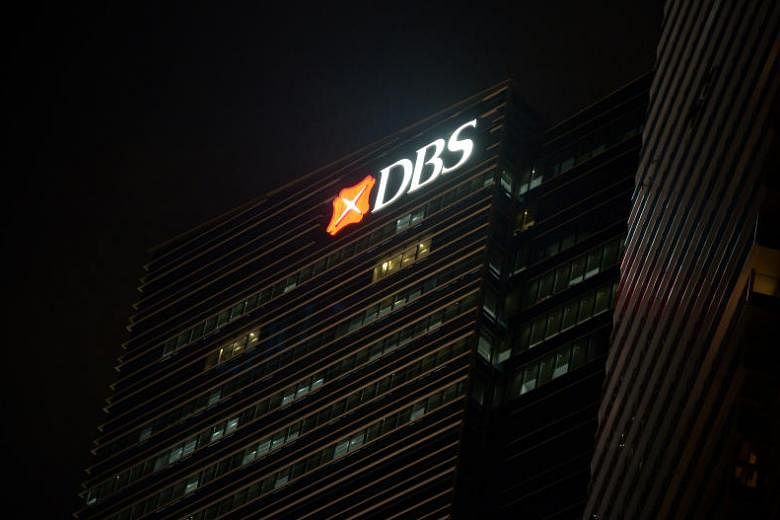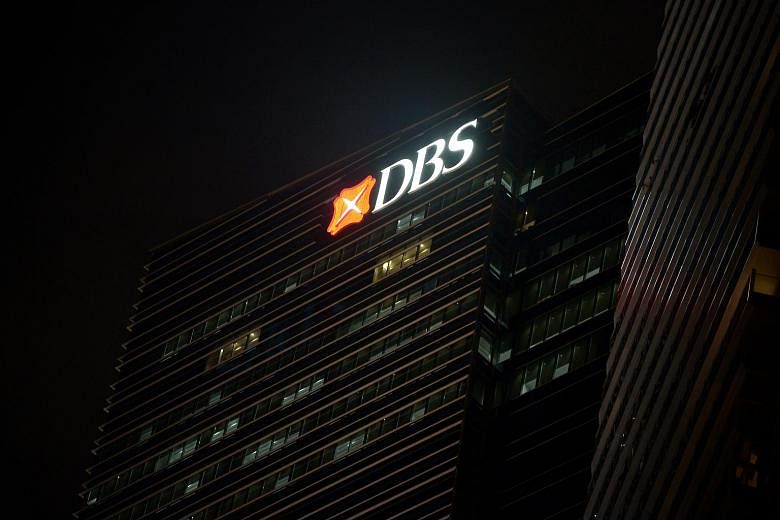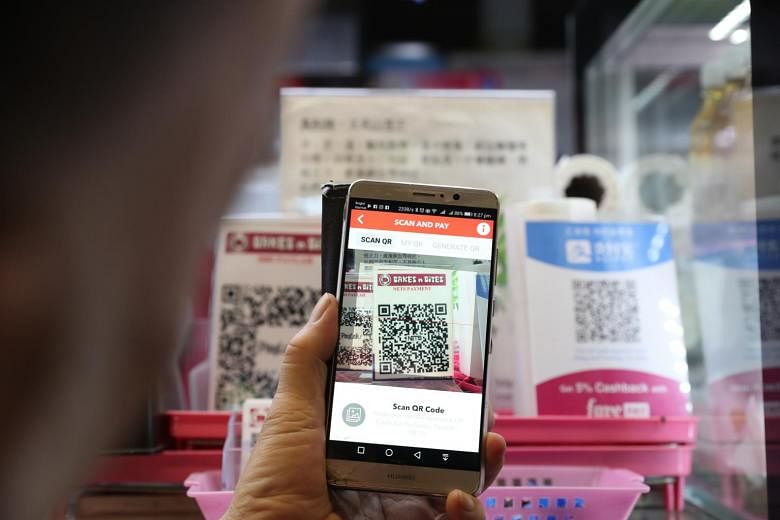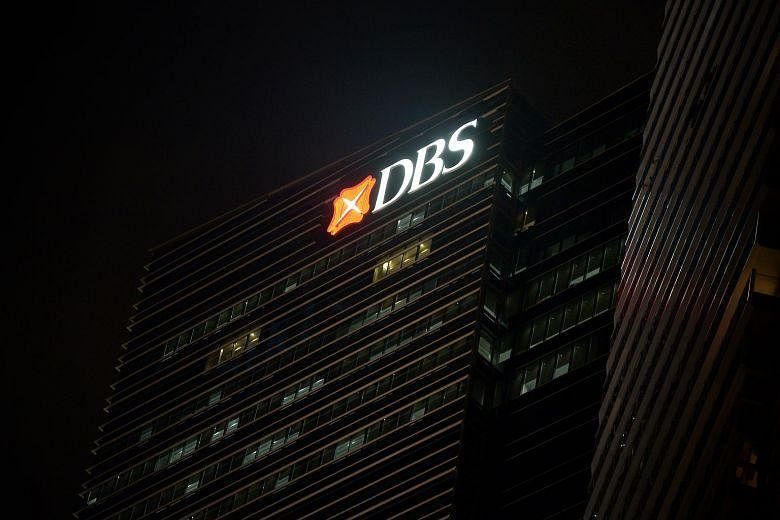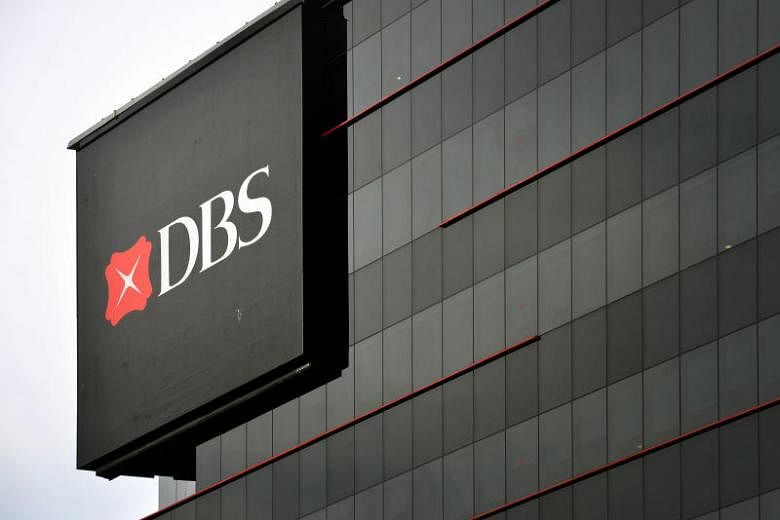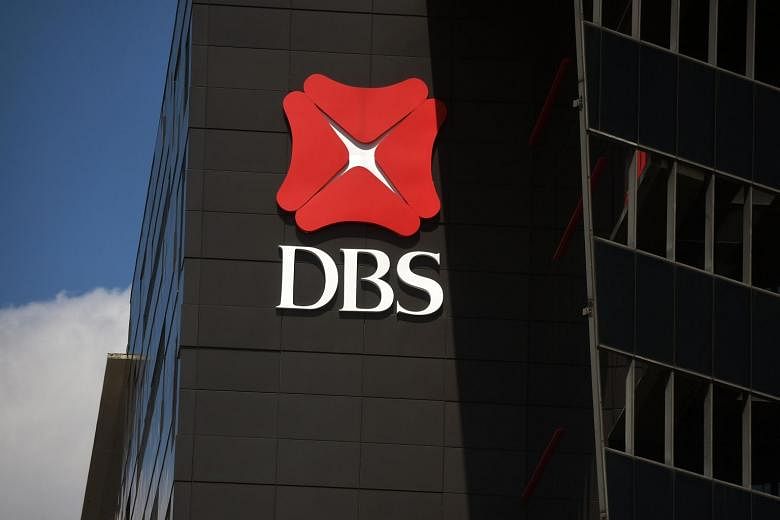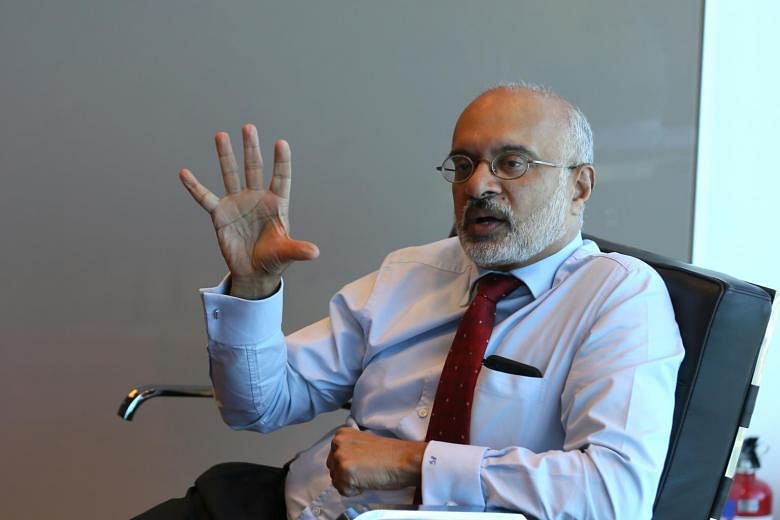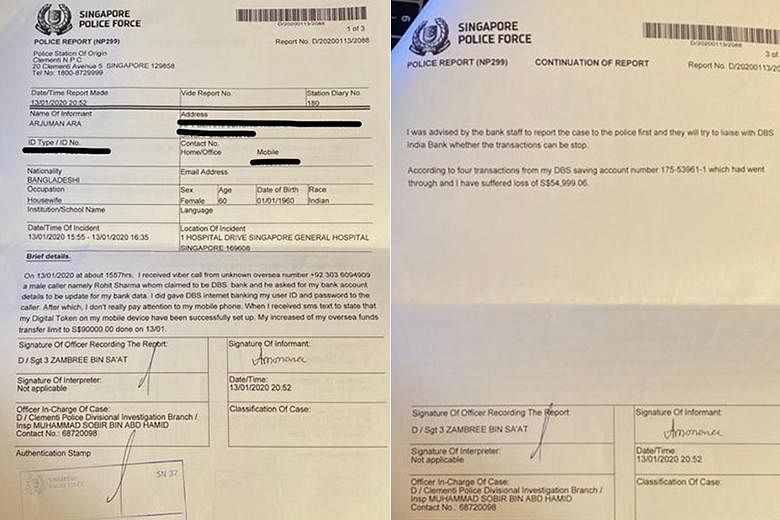- Joined
- Jul 25, 2008
- Messages
- 15,351
- Points
- 113
Biggest Singapore banks' earnings in focus as Ezra woes deepen
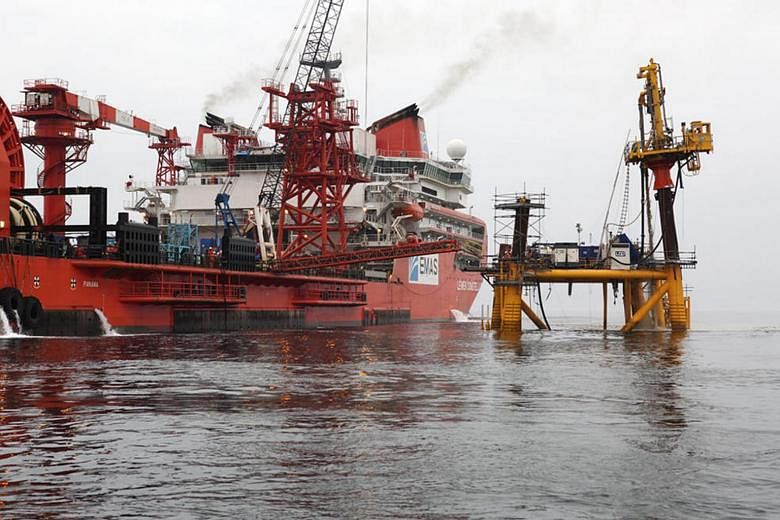
File photo of Singaporean energy-services provider Ezra Holdings' subsea construction vessel Lewek Constellation. PHOTO: EZRA HOLDINGS
FEB 13, 2017
SINGAPORE (BLOOMBERG) - The woes of Singaporean energy-services provider Ezra Holdings are a stark reminder to the city's biggest banks of the threat souring oil and gas loans pose to their earnings.
A writedown flagged by Ezra recently has refocused attention on the debt-repayment problems marine-services firms are facing, fueling concerns that lenders may have to set aside more money to cover loan losses. Fourth-quarter results due this week from DBS Group Holdings and its two biggest rivals may include a 44 per cent surge in combined provisions for the period from a year earlier, according to RHB Capital Bhd.
"At the end of the day, it's the issue of provisioning that will weigh down on profitability," said Leng Seng Choon, an RHB analyst in Singapore.
Oversea-Chinese Banking Corp publishes its earnings on Feb 14, the first of the big banks to do so. DBS, the city's largest lender, reports on Feb 16, followed by United Overseas Bank a day later.
Charges for energy loans have colored the results reported by the banks over the past year, adding to pressure from a weakening domestic economy and slower lending growth. Reduced demand for oil and gas services has led at least four companies into default, the highest profile of which was Swiber Holdings, which sought court protection in July.
In the latest sign of the industry's struggles, Ezra on Feb 3. flagged that it faces a US$170 million writedown on a joint venture, as it negotiates - along with a host of its peers in marine services - for more lenient repayment terms with banks and creditors. The firm and its related companies owe S$1.1 billion to the three banks, CIMB Group Holdings said in a Feb 2 report, citing its own estimates.
None of the banks have revealed publicly their exposures to Ezra or whether they have set aside any funds to cover loans to the company. It's possible they may have already done so because Ezra's financial difficulties are well known, Standard & Poor's analyst Ivan Tan said by phone on Feb 6.
DBS more than doubled its loan provisions in the September quarter from a year earlier, leaving its profit for the period little changed. The bank grew its buffers at a similar pace in the previous quarter to cover its exposure to Swiber.
Representatives from DBS and UOB declined to comment.
For OCBC, stress tests since the third quarter of 2015 allowed the bank to identify customers that could be impacted, enabling it in turn to restructure some loans and make provisions "for the potential further deterioration" in oil and gas, spokeswoman Koh Ching Ching said in an e-mail. She couldn't share details of specific loans, citing banking secrecy restrictions.
To cover potential losses related to Ezra and other energy-services firms, the banks may report combined loan provisions for the December quarter of S$910 million, according to estimates from RHB Capital.
DBS shares climbed about 26 per cent since the release of its third-quarter earnings at the end of October, while OCBC and UOB are up more than 10 per cent. The banks have rallied amid optimism US interest rates will rise, driving borrowing costs and interest income higher, according to a Feb 8 report by Daiwa Capital Markets analyst David Lum.

